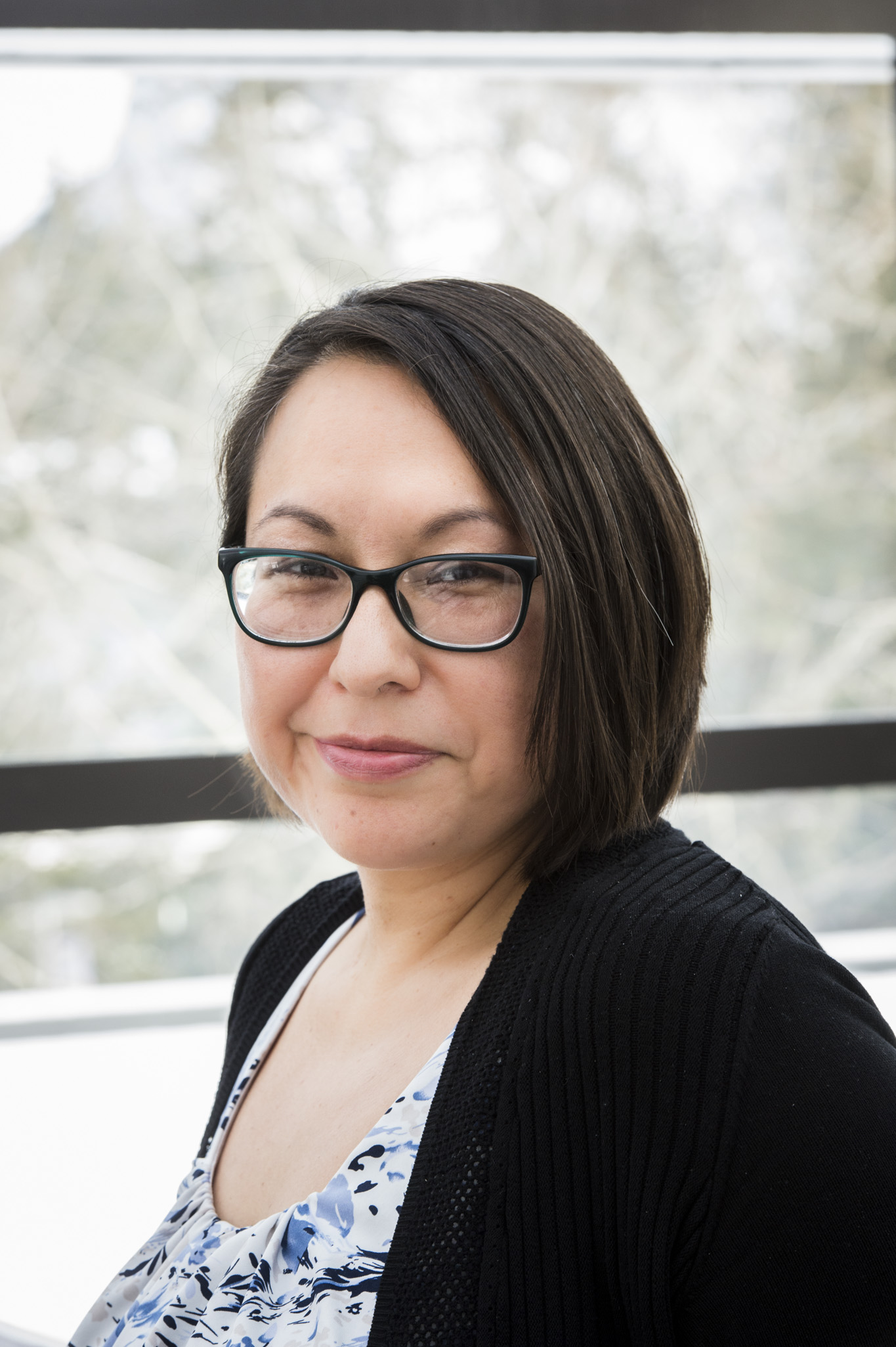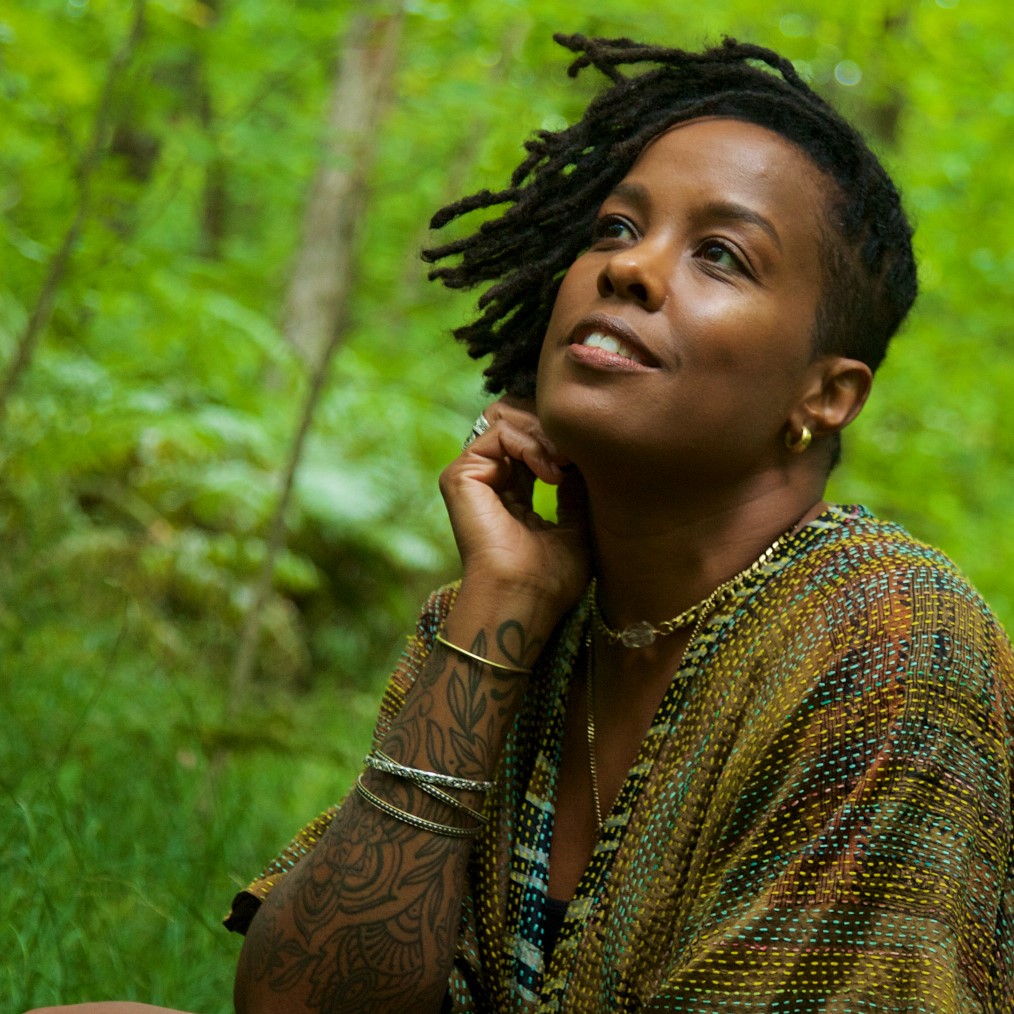Film School - Belonging as Resistance

Description
With Laurie Townshend and Janine Windolph, February 4, 7:00-8:00pm CST, online onlyAdditional Information
Join RPL Film Theatre on Thursday, February 4th at 7:00pm CST for a live discussion with Laurie Townshend and Janine Windolph
YouTube Live: https://bit.ly/394w2pc
Facebook Live: https://bit.ly/39DaRuY
To watch these films for free, please sign up for a Vucavu membership: https://vucavu.com/en/create-free-account
Watch films here: https://vucavu.com/en/belonging-as-resistance/rpl-film-school
This film series features stories about how our collective desire for authenticity requires us to first show up (as we are) to ourselves and in so doing, assert our personhood in a world that too often tries to erase it. Curated by filmmaker and teacher Laurie Townshend and joined by fellow filmmaker Janine Windolph for the discussion. Films will be available for free viewing February 1-8, 2021.
Use #RPLFilmSchool and @RPLFilmTheatre to post questions or comments

Writer-director, educator and photographer Laurie Townshend credits her mantra, “You have as many hours in a day as Beyoncé” for her ability to make groundbreaking films while successfully lobbying her 8th graders for “coolest teacher” nods.

Janine Windolph (Atikamekw/Woodland Cree) is a Saskatchewan-based filmmaker and Interdisciplinary artist and storyteller. She is the Associate Director of Indigenous Arts at the Banff Centre for Arts and Creativity and was previously the Curator of Community Engagement at the MacKenzie Art Gallery in Regina, Saskatchewan.
***
To watch these films, please sign up for a free Vucavu membership: https://vucavu.com/en/create-free-account
1. Citizens of Nowhere
CAN | 2015 | 52min | STC |
Directed by Nicolas-Alexandre
September 2013. The court ruling is reached. Almost a quarter million Dominicans of Haitian descent have just become stateless because of the Dominican Constitutional Tribunal’s decision. Identified as scapegoats for all the problems affecting the country, they have lost everything: their rights, their liberty, their identity. Presented as a tale and narrated by Haitian poet and playwright Jean-Claude Martineau, this film takes us to the very heart of the human drama lived by these migrants who have sacrificed everything to follow their dream of freedom.
Questions:
1) By design, colonization renders nations divided and unable to pick up the pieces once their lands and people have been exploited. So, it is no surprise that after a long history of being colonized by France and Spain, Haiti continues to suffer greatly. However, it was shocking to learn that “Haitians and Dominicans are not hereditary enemies”. What does this film reveal about the ways this Haitian-Dominican rivalry has been manufactured? What can the average citizen do to reverse this narrative?
2) There are several moments in Citizens of Nowhere when a character asserts his personhood. Moments when the filmmakers were able to capture an expression of agency on the part of the people they followed. [Roberto @ 14:26 “One is from where he is born. I am Dominican”. Delinois @ 21: 56 “I express myself clearly because I know I have rights”] What does it mean to assert your existence in a world that does not recognize you as a person?
2. Mia'
CAN | 2015 | 8min | STC |
Directed by Amanda Strong and Bracken Hanuse Corlett
A young Indigenous female street artist named Mia’ walks through the city streets painting scenes rooted in the supernatural history of her people. Lacking cultural resources and familial connection within the city, she paints these images from intuition and blood memory. She has not heard the stories from her Elders lips, but has found her own methods to rediscover them. The alleyways become her sanctuary and secret gallery, and her art comes to life. Mia’ is pulled into her own transformation via the vessel of a salmon. In the struggle to return home, she traverses through polluted waters and skies, witnessing various forms of industrial violence and imprint that have occurred upon the land.
Questions:
4) Through the power of imagination and art, Mia gains a sense of home and belonging to herself...and to her people. What role might art play in establishing a sense of belonging. A sense of home?
5) In both films we see people (and salmon) in a state of limbo. At times this state of uncertainty is characterized by movement. At other times, characters are sitting and waiting (Roberto leaning against his motorbike, Mia sitting at water’s edge). In what ways is remaining (in a place one is not wanted) a form of resistance?
When
Feb 4 2021, 7:00pm - 8:00pm
Where
Online,
Series/Genre
Free Films, Film School, Current
